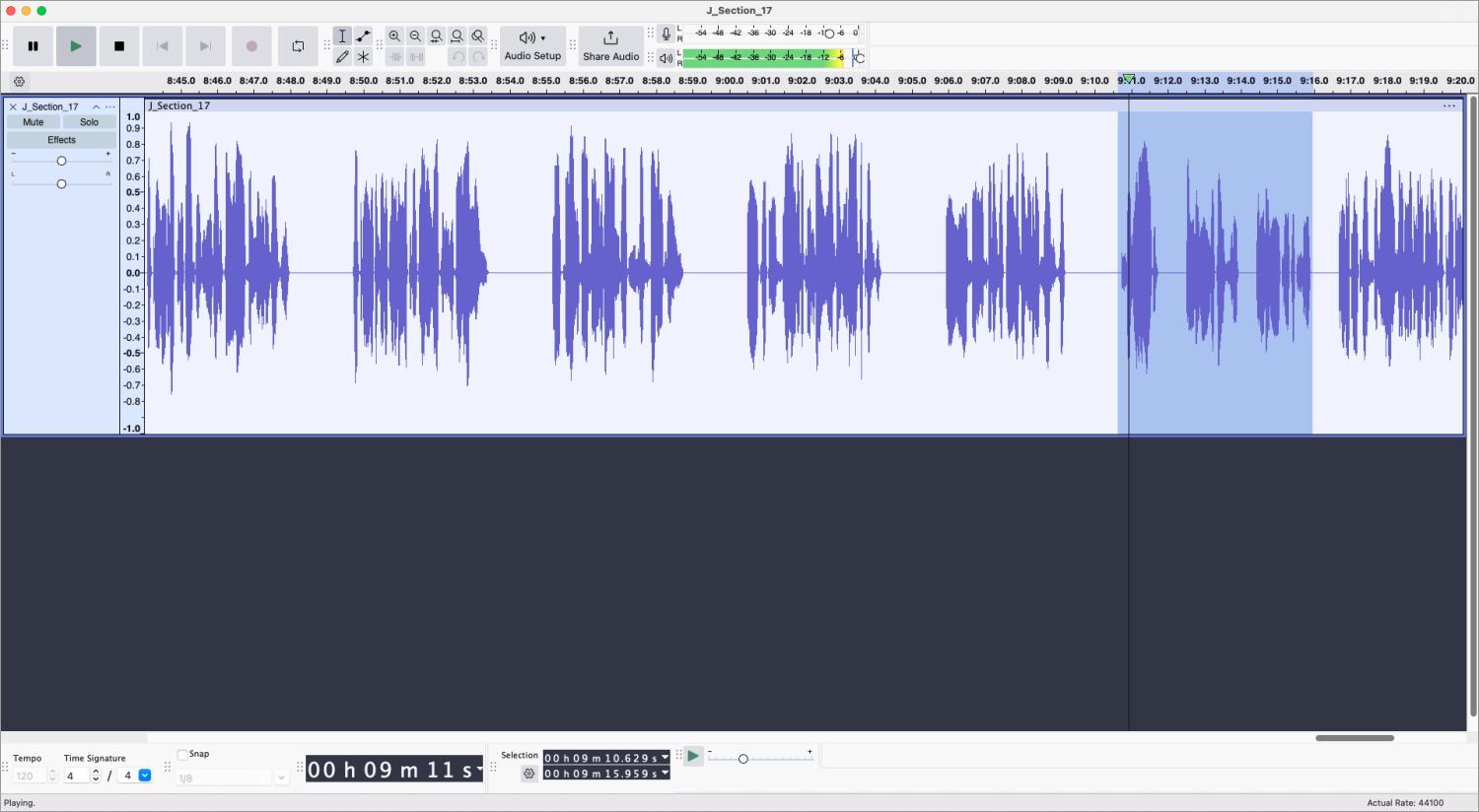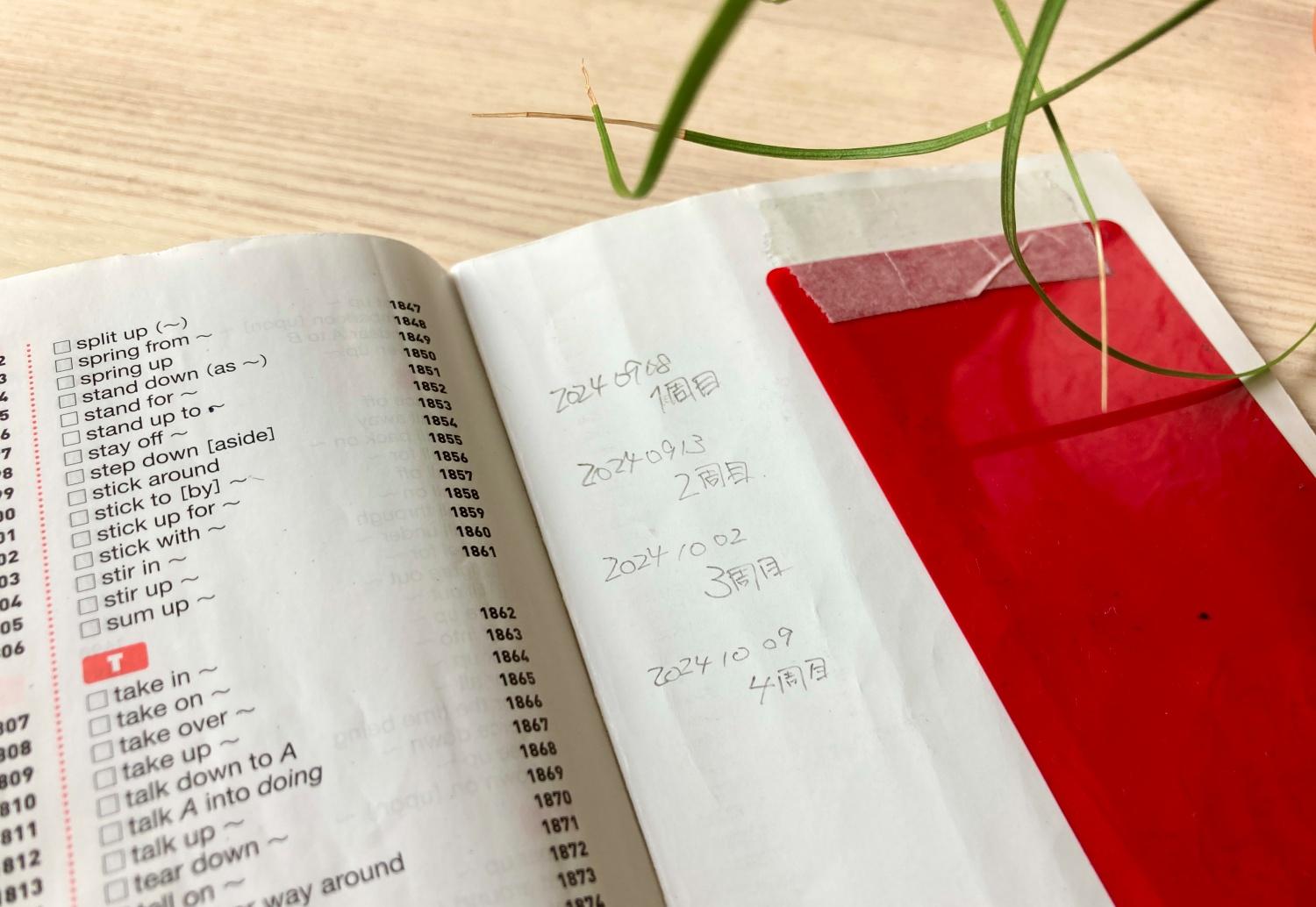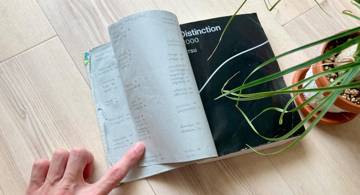Overview
A couple of months ago, I wrote about my favorite vocabulary book, Distinction 2000...
This time, let's talk about a vocabulary book I don't like.

Initial Impression (Before Buying)
- A book organized by how frequently words actually appear in the exam? Sounds like the perfect study resource!
That was my first thought when I heard about this book. It’s divided into several sections: frequently appearing key words (A), words you should know (B), words to boost your skills (C), and idioms.
First Impressions (After Looking at Section A)
-
"Deru-Do A" (high-frequency words) is way too easy. Are you kidding me? These aren’t words that often appear on the Pre-1 Grade exam—they're words everyone aiming for this level should already know! These should be in the Eiken Pre-2 Grade Deru-Jun Pass Tan, not here.
-
The audio files are structured as "English word → Japanese meaning → Example sentence" on loop, all compiled into a single MP3 file. It's incredibly inconvenient. There’s no way to just listen to the example sentences in a row.
-
I thought the official app, Eigo no Tomo, might solve this issue, so I installed it. But while it allows for "continuous playback of English words," it doesn’t offer "continuous playback of example sentences." Why include it in the MP3 but not in the app?
-
The idiom section is even worse—it's organized alphabetically! What happened to the frequency-based order?
-
Honestly, this book lacks the passion, attention to detail, and thoughtful design that Distinction 2000 had. It gives off a vibe of, "We made this because it’s our job," or "Here’s the product, it meets the requirements, so we’re done." There’s no sense of enthusiasm or effort to promote efficient learning. It feels like the creators were indifferent toward the outcome.
-
Looking back, I realize how impressive Distinction 2000 really is. Its audio files are thoughtfully separated—one for vocabulary, one for derivatives, one for example sentences, and even one for chapter-specific content. The example sentences are organized by chapter, not by individual word, which makes it easier to recall the context: "Ah, I saw that word in that situation!"
I know I’m complaining a lot, but I have to fully go through the entire book before passing judgment.
Second Impressions (After Reviewing the Whole Book)
-
After going through the whole book, my opinion of the "Deru-Do A" section hasn’t changed—it’s still terrible. But sections B and C are indeed appropriate for the Pre-1 Grade level. I found several words in these sections that had stumped me in the reading and listening sections of past exams.
-
Rather than spending time revisiting old exam questions little by little, it seems more practical to just cycle through this book repeatedly.
-
I gave up on the audio files—they’re just too annoying to use—so I decided to stick to reviewing the vocabulary sections on paper.
-
The idiom section became easier to work with after I created my own example sentence audio files for repeated listening. Below is a snapshot of me extracting example sentences using the Audacity app.

Third Impressions (After Four Full Rounds)

- For the vocabulary sections, I followed a system:
- Look at just the word first.
- If I didn’t understand it, I’d check the example sentence.
- If I still didn’t get it, I’d look at the Japanese translation.
Anything I mastered on the first step would be marked as "no need to review next time," which helped improve my efficiency with each cycle.
- The idioms were still tough. Listening to the example sentences over and over helped me recall their meanings when I heard them in context, but it was still challenging to recall the meanings just from seeing the idioms alone.
Final Thoughts
After developing my own review method and editing the audio files, it became easier to go through this book repeatedly. I feel like I’ve absorbed about 90% of the content. And after all the trouble this book put me through, I’ve developed a bit of a reluctant fondness for it.
But my impression remains negative overall.





